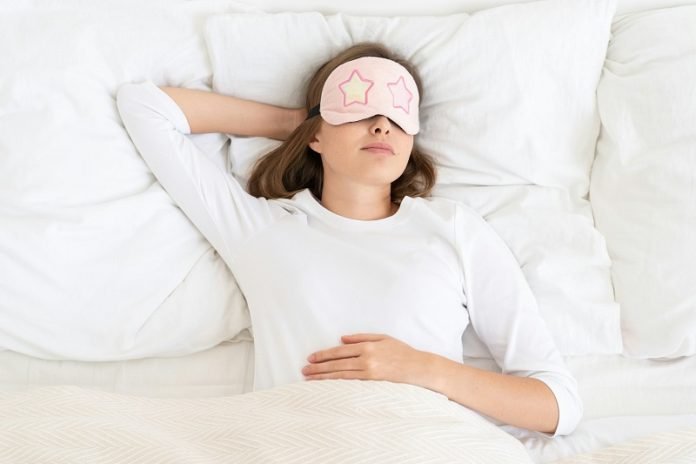
Understanding how sleep affects blood pressure is crucial for anyone looking to maintain or improve cardiovascular health.
Blood pressure, the force exerted by circulating blood on the walls of blood vessels, is a critical indicator of heart health.
Good sleep patterns are often overlooked as a factor in blood pressure regulation, but they play a significant role.
The human body works on a 24-hour cycle known as the circadian rhythm, which regulates sleep patterns, digestion, hormone levels, and other bodily functions, including blood pressure.
Typically, blood pressure naturally drops during sleep, a phenomenon known as nocturnal dipping. This dip is crucial as it gives blood vessels a chance to rest. However, when sleep is disrupted or inadequate, this dip may not occur, leading to higher average blood pressure levels.
Research consistently shows a strong link between sleep duration and quality and the regulation of blood pressure. Studies have found that people who sleep less than six hours per night are at a greater risk of developing hypertension.
Poor sleep quality, such as that experienced by individuals with sleep apnea—a disorder characterized by pauses in breathing or shallow breaths during sleep—has also been closely linked to higher blood pressure.
In cases of sleep apnea, the body experiences stress due to disrupted breathing, which in turn can elevate blood pressure levels.
Moreover, sleep deprivation affects the body’s ability to regulate stress hormones, such as cortisol, which can increase blood pressure.
Persistent high levels of stress hormones due to poor sleep can lead to long-term cardiovascular issues, including hypertension. This is why managing sleep patterns is as important as diet and exercise in maintaining heart health.
The benefits of addressing sleep issues are evident in studies where interventions to improve sleep duration and quality have led to measurable improvements in blood pressure.
For example, treating sleep apnea with Continuous Positive Airway Pressure (CPAP) machines not only improves sleep quality but also significantly reduces blood pressure in patients with hypertension.
For individuals looking to improve their blood pressure through better sleep, here are some practical tips:
- Establish a regular sleep schedule: Going to bed and waking up at the same time each day helps regulate your body’s internal clock and can improve your sleep quality.
- Create a restful environment: Ensure your bedroom is conducive to sleep—quiet, dark, and cool—and free from disruptions like electronic devices.
- Mind what you eat and drink: Avoid heavy meals, caffeine, and alcohol before bedtime, as they can disrupt sleep.
- Relax before bed: Activities such as reading, taking a warm bath, or practicing relaxation exercises can help transition your body into sleep mode.
- Be mindful of naps: While short power naps can be beneficial, long or irregular napping during the day can negatively impact nighttime sleep.
Understanding the interplay between sleep and blood pressure is not just about preventing or managing hypertension. It’s about recognizing that good sleep is a pillar of good health, akin to a balanced diet and regular exercise.
Ensuring adequate and quality sleep is a straightforward and effective way to enhance your overall health and well-being. For those struggling with sleep issues, it’s advisable to consult healthcare providers who can offer guidance based on personal health conditions and needs.
If you care about high blood pressure, please read studies that early time-restricted eating could help improve blood pressure, and natural coconut sugar could help reduce blood pressure and artery stiffness.
For more information about blood pressure, please see recent studies about added sugar in your diet linked to higher blood pressure, and results showing vitamin D could improve blood pressure in people with diabetes.
Copyright © 2024 Knowridge Science Report. All rights reserved.



